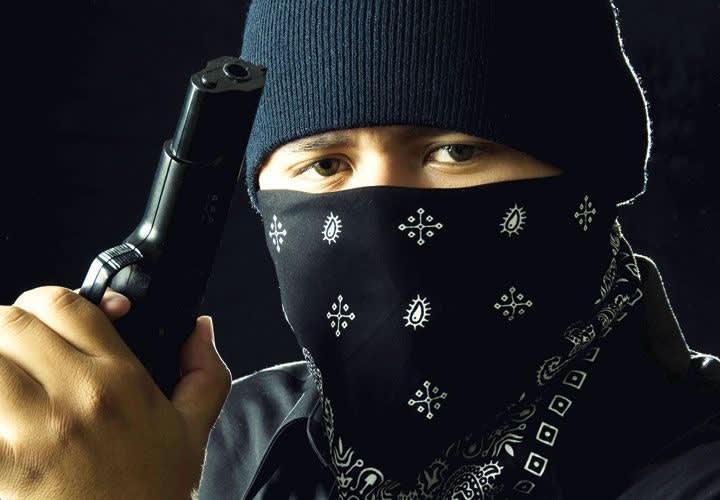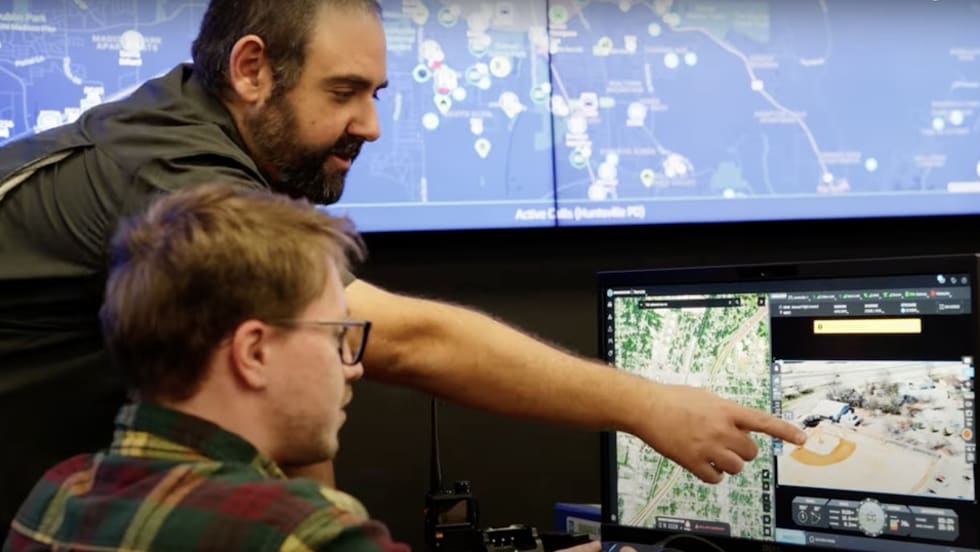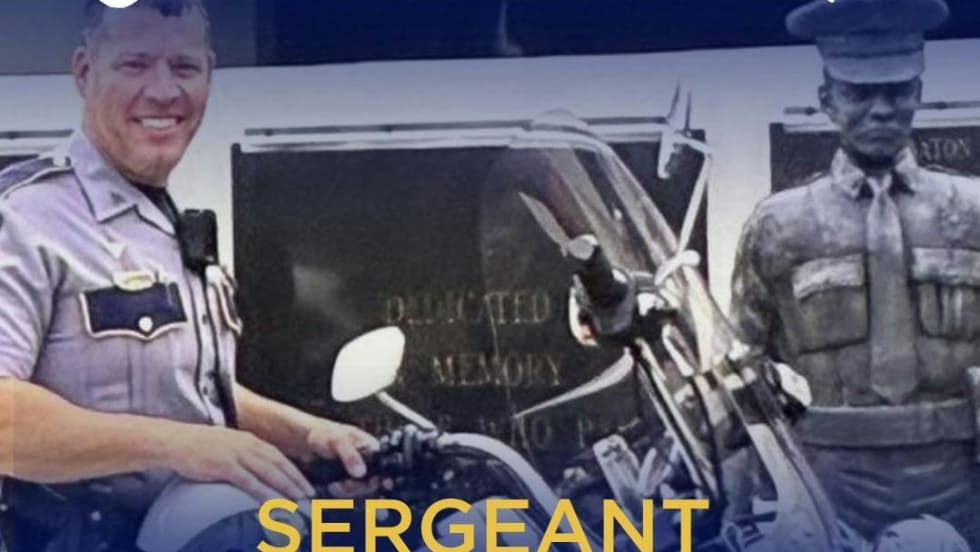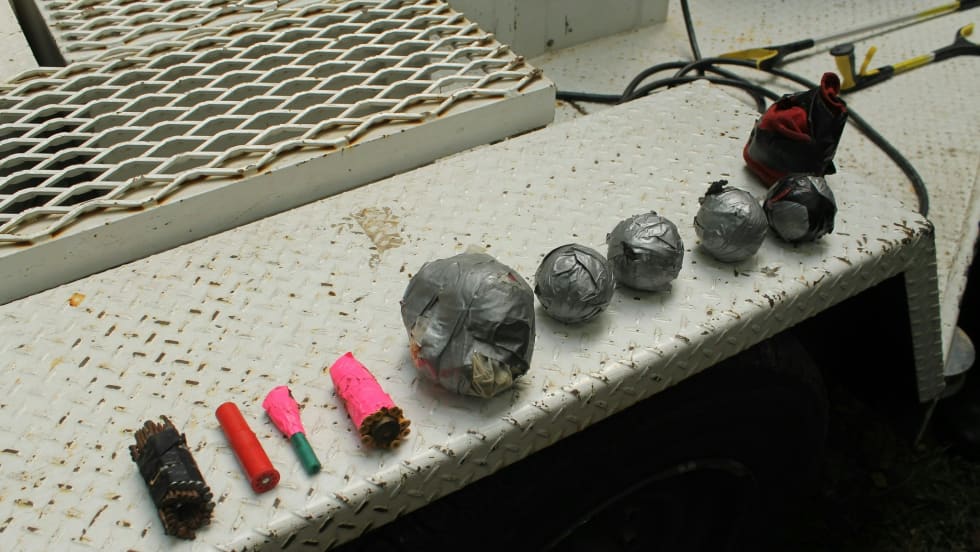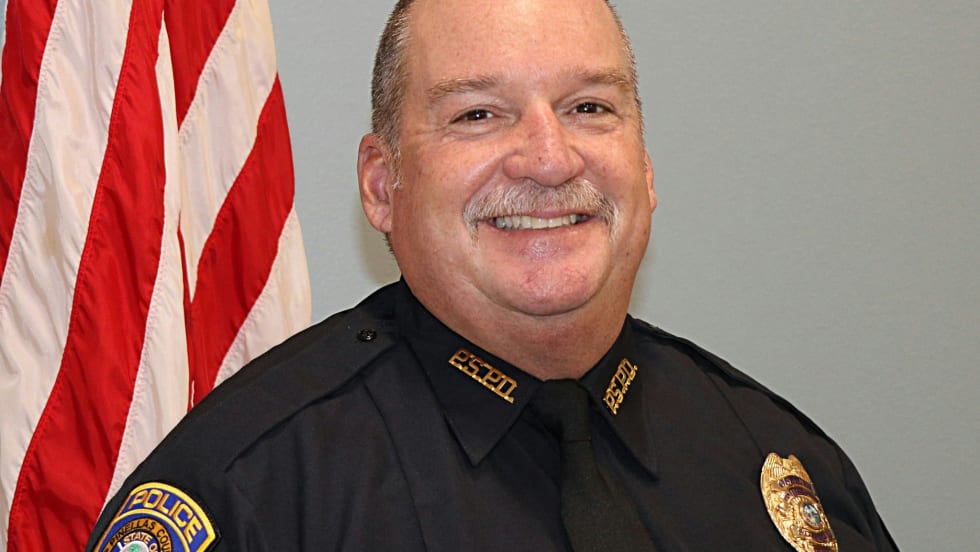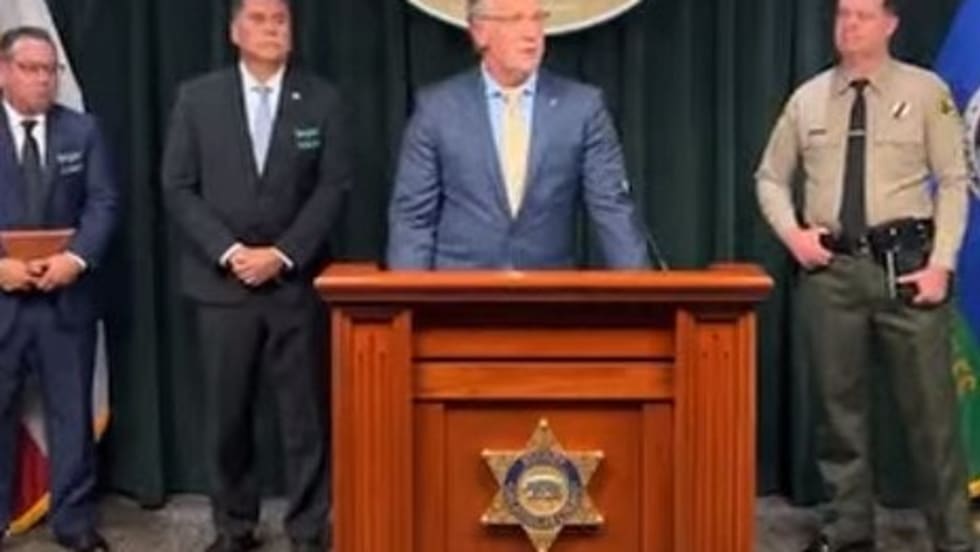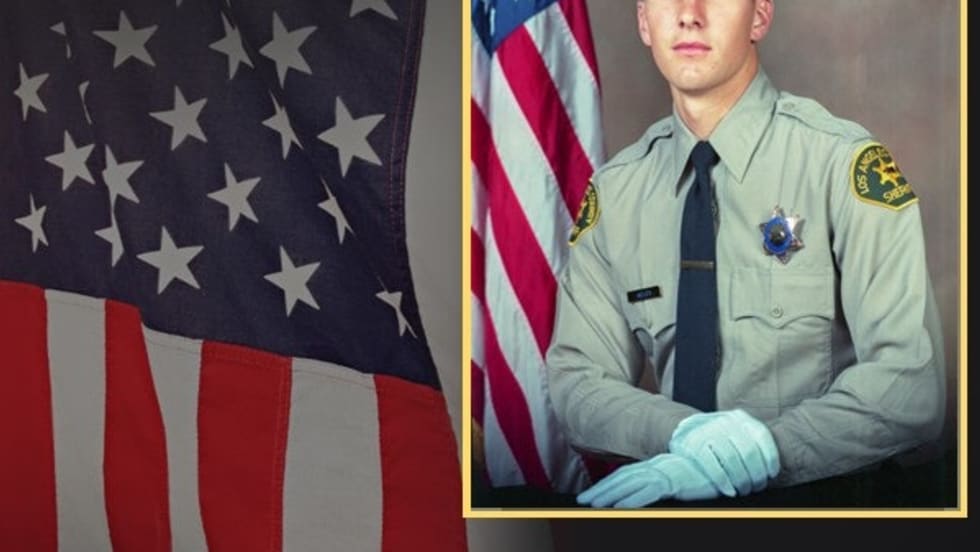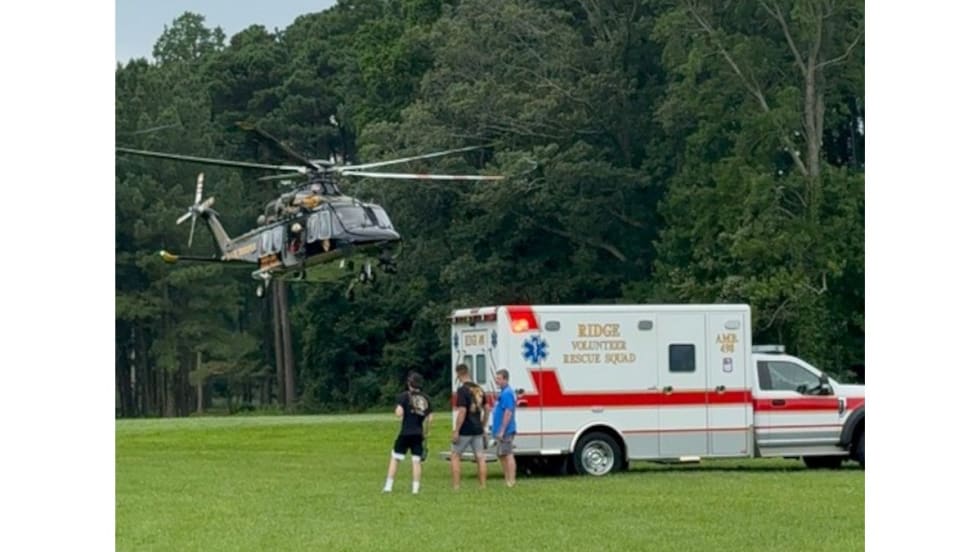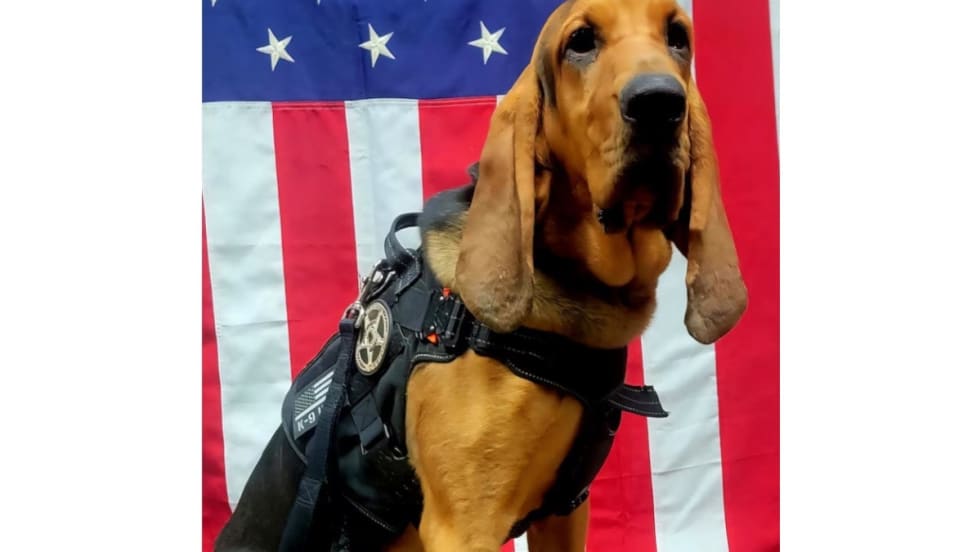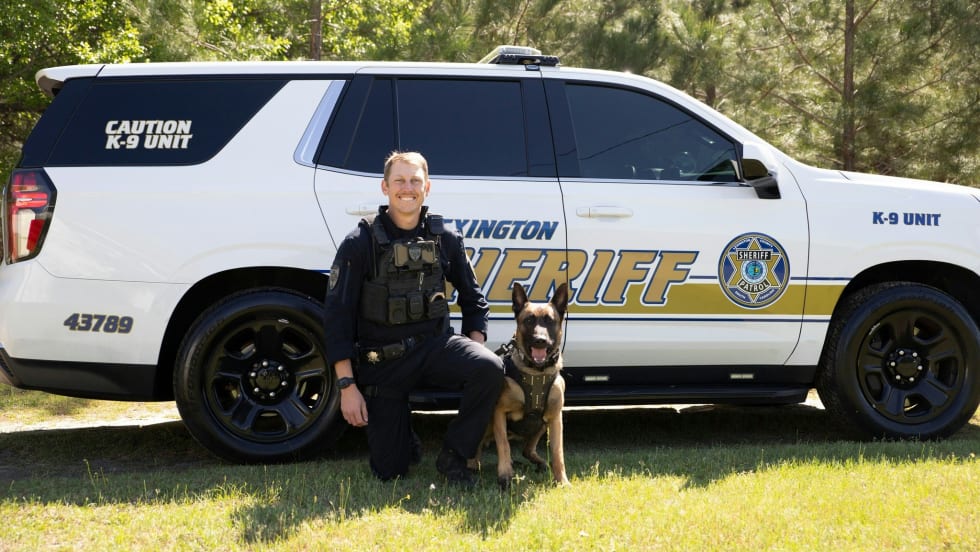A gang murder investigation requires your best detective skills to solve the crime and protect the witnesses.
No greater honor will ever be bestowed on an officer, or a more profound duty imposed on him, than when he is entrusted with the investigation of the death of another human being.
It is his duty to find the facts regardless of color or creed, without prejudice, and to let no power on earth deter him from presenting these facts to the court without regard to personality.
--The Homicide Investigator's Creed
As you arrive on the dark street you hear the wailing cry of a mother being pulled away from her son's body lying in a pool of blood. Paramedic debris is strewn around the body, and the highly emotional woman must be physically restrained as the young man's body is lifted onto a gurney and loaded into an ambulance. Although he is surely already dead, the victim is often transported to a hospital anyway, to be officially pronounced dead. This will further complicate your crime scene.
Your first step is to make sure that you truly have the one and only crime scene because there may be secondary crime scenes. The victim may have run some distance before falling. Maybe the victim's homeboys moved him in an attempt to transport him to the hospital or to move him away from something they wanted to hide.
Secondary crime scenes are important. You may discover that the victim was hit by "friendly fire" from his own homeboys. You may find that other rounds impacted buildings or vehicles and they can be recovered for ballistic analysis. There may even be other unidentified victims. Reconstructing the shooting scene will make determining where shooter and victim stood and possibly how many shooters were involved easier.
Your initial appearance at the crime scene is the time to appear especially efficient and professional. Show your concern for the victim and family. Remember while you are studying the crime scene, the people in the neighborhood, especially the gang members, are studying you. Any perception of disrespect or lack of concern will make the development of cooperative witnesses in the future unlikely.
The all too common gang murder scene, especially in the case of a drive-by, is almost devoid of the kind of useful evidence found in other homicides. There's no murder weapon, fingerprints, significant blood spatter, hair, fibers, or DNA. If you are lucky, you may find some shell casings.
The lack of CSI evidence means that legwork is going to be critical. Revisit the crime scene at different times. Be sure to walk it in daylight.
Look for graffiti. Record the victim gang's graffiti. Then visit the suspect gang's area and photograph the gang graffiti there. Gang members often memorialize their dead and most of their significant assaults on their enemies in their graffiti.
Interviewing Witnesses
Knowing the language and ethnic culture of the neighborhood can mean the difference between a successful and unsuccessful investigation. Contact an older gang detective or patrol officer who is familiar with the history of the victim's street gang and their traditional rivals and learn as much as you can. Talk to the officers who work that area and ask them for information from their informants.
Before interviewing any witness, run a complete background check of the subject. Try to obtain information about family relationships within the gang and possibly with their rivals. Be aware of outstanding wants or warrants for the witness; you can use them as leverage.
Never rush the interview. Be prepared to spend several hours in the initial interview, and often considerable time in follow-ups.
The initial interviews of any gang member witness will likely produce false statements and half-truths. Just remember that the accumulation of several half-truth statements will result in a generally accurate story. It is from this composite story that you can challenge the witness's version so that a more truthful statement can be drawn out.
It is the second or possibly the third interview of that same witness that will expose more of the truth and reveal who will make the best witnesses in court. This is the time to look for the reliable (even if reluctant) non-gang witness who can accurately testify to the story without the baggage carried by the gang members.
When the witness statements have become more truthful, they should be recorded. But always know what version the witness will give before taping and attempt to keep the recorded statement concise and to the point.
Let the witness give his or her version in his or her own words at first. After this first spontaneous statement, ask questions to obtain the necessary details. Avoid questions that can be answered only with a yes or no.
Gang witnesses often become future gang murder suspects. So photograph all witnesses. This will also aid you when these witnesses become reluctant to make court appearances. The photographs can be used to identify them on the street for subpoena service.
Consider a re-interview at a later date attended by a prosecutor and with the witness under oath. Pre-arrange with your partner which aspects of the case will not be revealed to the witnesses. You should also withhold from the assisting patrol officers and detectives some of the specific facts of the case. There should be several specific details known only to you and your partner and the killer(s).
Composite and artist-rendered drawings of the suspect should be done as soon as possible. The better the skills of the artist and the more accurate the witness observations the more likely the drawing will produce an identification. This is especially true in gang cases because gang members often visually recognize many other rival gang members, although they often do not know their true names.[PAGEBREAK]
The Investigation
Remember "In a play cast in hell there are no angels" and "There are no swans swimming in a cesspool." Don't be too disappointed by the actions of your witnesses, who will remain true to their gang culture by seeking street vengeance and refusing to help you.
Familiarize yourself with the victim's history and the history of the victim's gang and likely suspect gangs. Learn as much as you can about each gang's most active members. Don't be surprised if your victim's history is as bad as or worse than your suspects'. Remember the homicide code; he was a human being and deserves your best skills in doing your job.
No parent should have to bury their child, and often the victim leaves behind a wife and children. These family members bear little or no guilt for the crimes of the gang. Endeavor to be sympathetic and establish a working rapport with the victim's family. Often it will be these family members who will first hear rumors about who was involved and why. Your positive rapport may convince them to share these rumors with you.
Attend patrol briefings and give the patrol officers the general facts on the murder, remembering to exclude the agreed upon details. A personal appearance gives them a face and a person to identify with this investigation. Give them your contact information, offer some kind of small reward like for anyone bringing in significant leads or witnesses. I often offered a "six pack" bounty for information or an arrest when the suspect was identified.
Use these patrol officers, the gang or special projects units, station narco units, and any other support units to apply directed pressure on the target gangs. Keep these units interested and involved in the investigation. Be seen in the station often and continue your appearances at briefings.
Some gang homicide investigators monitor and interview recent station bookings each day. Some investigators let support personnel do this. Either way you need to fish for information from the new inmates; desperate people sometimes do desperate things. But beware of informants with false information. Caution should also be exercised in the use of criminal and jailhouse informants. Criminal informants are best used to produce leads and to identify other witnesses. Some criminal convictions have been reversed because of the tainted testimony of criminal informants. Unfortunately, there is often no other choice but to use criminal informants in gang homicide cases. Just be sure to corroborate and verify any informant's statements whenever possible.
If you are having difficulty obtaining information, you might consider offering a public reward. There are now many government and private organizations that can assist you in establishing a reward. When possible utilize organizations like "We Tip" and "America's Most Wanted" to generate leads.
Identifying the Suspects
Your bulldog persistence will eventually produce a suspect. This is often only a nickname at first. To get a real name, you're going to have to dig. Revisit your victim and suspect gang areas looking for graffiti with the suspect's moniker. Review your prior notes and photographs for this name. Identify and obtain photographs of your suspect and the associated names. Gang members often do their criminal acts in the company of their closest homeboys, especially the members of their sub-group or clique, and they often write these names along with their own in their graffiti.
Review the history and other information you have compiled on the gangs involved. Conduct a complete computer background check and review any other information you might have about your suspect before you decide to arrest him.
Making the Arrest
Get that especially helpful patrol unit or support unit to help find and arrest your suspect. Another option is to obtain an arrest warrant. Make sure that the arrest team includes that helpful support unit when you serve the warrant.
Attempt to interview the suspect in a non-custodial environment before making your arrest. When the suspect gives false statements, document the lies and disprove the alibis. This is almost as good as a confession because it is circumstantial evidence of a suspect's guilt.
In the initial arrest situation you will have the suspect or suspects at a disadvantage. They have not yet had time to prepare a false story, and they are anxious to divert suspicion. They will usually make spontaneous statements. Be sure to separate and interview all potential witnesses individually.
Family members may also give information identifying the suspect's close associates and his access to vehicles and weapons. If the suspect has fled they may know of girlfriends and safe houses to which he might have run. Reminding the family members that the homicide investigator's role includes the elimination of possible suspects sometimes is beneficial because they believe that the suspect is innocent.[PAGEBREAK]
Of course all of these interviews should be recorded, if possible. The suspect's interview should begin with his Miranda admonishment then at the end of the interview ask the suspect if he has been threatened or coerced to make this statement. Ask the suspect if he has anything else to add which might have not been previously asked, then record the ending time and the date.
Have some helpful officers transport the suspect for booking and have a recorder in their unit. Often the suspect will let down his guard and make spontaneous statements in transit.
If you are lucky enough to obtain a confession of some type, record the suspect's truthful statements but avoid video tape showing the suspect in jail clothing or in a jail setting as this may result in the exclusion of the confession by the court as highly prejudicial to the jury. As in the other recorded statements, take written notes.
Confession or not, monitor the suspect in custody. At the station lockup consider placing an officer in an adjoining cell, especially when multiple suspects are involved. Record the conversations between cells. At the county jail obtain documentation on who visited the suspect and monitor his phone calls and mail.
Gang members will visit and communicate with suspect gang members in jail. They will attempt to establish alibis and coordinate witness intimidation. They will try to find out how much you know. Take advantage of this predictable gang behavior and monitor their gang activity in jail.
Gang Search Warrants
Search warrants written for suspects in gang homicides are different than those for other homicides. Consider the following:
Gang affiliation may be the only motive for murder.
Gang members advertise their gang activity and affiliation.
Gang weapons are often retrieved after use, to be used again.
Gang weapons are often passed around within the gang.
Gang weapons are often hidden in the houses and cars of other gang members.
Gang weapon paraphernalia is rarely disposed of.
Gang members continue to communicate while in custody.
Gang members conspire to commit crimes and conspire to conceal evidence. Use police reports, investigation reports, and officer observations to develop a list of targeted suspect gang associates.
Searches must include the houses and vehicles of any close associates. To this list add secondary houses, including those of girlfriends, boyfriends, divorced parents, grandparents, and any gang safe houses or club houses.
In this multiple location warrant, request that the other locations and persons be deleted from other copies of the search warrant. This will prevent any warnings before other locations are searched.
Gang members often pass weapons to other homeboys after their use. These weapons are sometimes hidden at the residence or in the vehicle of a close associate or girlfriend and returned to the shooter later. Spare magazines, ammo, holsters, and gun cleaning equipment are rarely destroyed by gang members. This paraphernalia can tie the gang associate to the murder and provide additional identifying evidence. Gang warrants should also list gang photos, cell phones, letters to and from jails and prisons, and address books as items to be seized.
Avoid requests for nighttime service of your warrant unless circumstances clearly fall within this endorsement criterion. This only provides another opportunity for the defense to attack your warrant and might unnecessarily jeopardize the entire warrant.
Remember to seal the affidavit when the investigation is ongoing, and when criminal filing does not immediately occur. This helps to protect vulnerable witnesses.
Prosecution
The gang investigator should form a close partnership with the gang prosecutor and each must be available to the other 24/7. This ensures critical input in the early stages of the case and the swift reaction to witness intimidation later.
Gangs beg the use of conspiracy laws like the Federal RICO statutes in their prosecution. This criminal conspiracy theory can be used even if the specific conspiracy laws are not charged. As many of these aiders and abettors as possible should be charged and prosecuted. Charging and trying the defendants jointly strengthens the overall case. Also, the use of gang experts to establish gang membership can be an opportunity to educate the jury on the significance of gang membership, common criminal gang culture, and the motive for the gang's violent behavior.
In the pretrial hearings be prepared to offer testimony regarding the probability and possible occurrence of witness intimidation. You are trying to prevent the release of identifying information about critical witnesses and their addresses to defense attorneys. Offer the alternative of making the critical witnesses available at a safe and neutral site for the defense attorneys' interviews.
The conduct and decorum in any courtroom is dictated by the attitude of the judge. In one juvenile court gang trial I observed two female gang members making threatening gestures as one witness testified. The witness on the stand sat facing the gallery where the two in the back row mouthed silent threats at the witness. It was difficult for me to believe but the judge took no notice. During a break I informed the district attorney, who told the judge. But after the recess all the judge did was make a kind of general statement about intimidation in the courtroom, which didn't have much effect.
The very best deterrent to gang witness intimidation is the swift identification and prosecution of one of the members of the gang for threatening or intimidating a witness. If any form of witness intimidation occurs file it immediately, but you will need the judge and prosecutor's cooperation.
Officer and Courtroom Safety
While protecting the victim's family and the many witnesses remember that you and the prosecutor may also be targets. Review the security arrangements in the courthouse and ask the prosecutor to discuss courtroom security with the trial judge. Also brief the bailiffs or court deputies to prepare for threats. Monitor the people who attend the trial and point out any rival gang members you spot in court or in the hallways. Consider placing a plainclothes officer in the gallery to spot troublemakers. Finally, carry your firearm, and be careful parking, entering, and leaving court.
Richard Valdemar retired from the Los Angeles County Sheriff's Department after spending most of his 33 years on the job combating gangs. He writes the Gangs blog for PoliceMag.com and is one of the nation's foremost authorities on criminal gangs.


